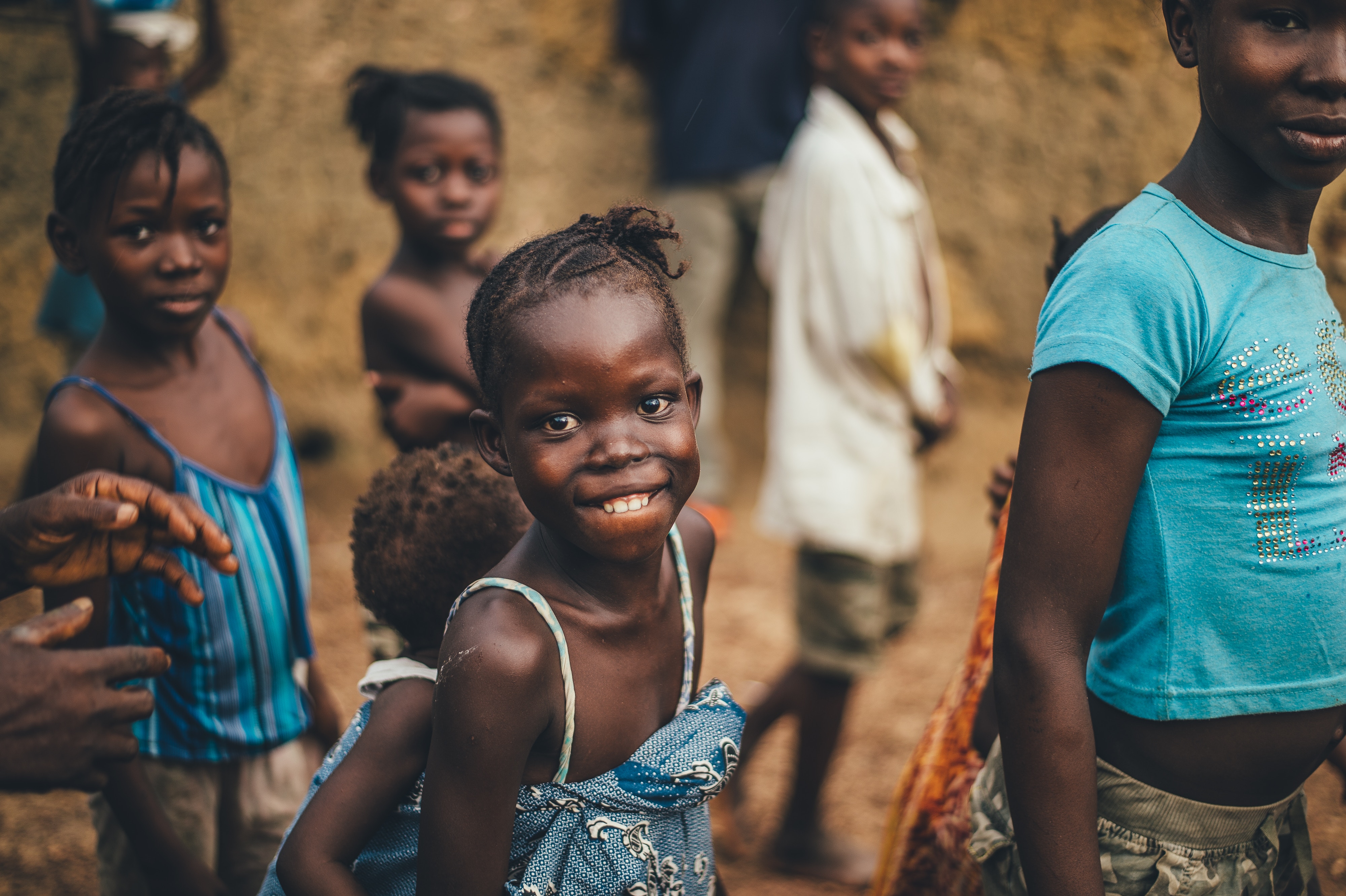Nigeria is a business-oriented economy, with an estimated 37 million micro, small and medium-sized companies (MSMEs). The entrepreneurial economy contributes roughly 48 percent of the country’s gross domestic product and employs over 60 million people, making Nigeria the largest economy in the sub-Saharan region.
Although these numbers look promising, few businesses are successful in obtaining loans from financial institutions. According to The Credit Crunch, a joint report by the Central Bank of Nigeria (CBN) and the International Finance Corporation (IFC), of the 840 MSMEs surveyed in Nigeria, only 31 percent successfully obtained a loan from a bank or microfinance institution. MSMEs are often burdened by a myriad of challenges like multiple taxation systems and high costs. The risks associated with credit access in Nigeria stem from many causes.
Lack of Collateral
To secure a loan from financial institutions, collateral is one of the prerequisites. This protects the lending bank in case the borrower defaults on the loan. For MSMEs looking for small business loans, inadequate collateral is a major reason for not receiving loans.
Secure land is the most common collateral for banks in Nigeria, but only 5 percent of the land is formally titled, mostly consisting of urban land or commercial farms. Low-income households own a large portion of rural land, which does not have validated titles.
This acts as a major obstacle for microenterprise owners and low-income households that are keen to obtain affordable credit from formal financial institutions. Many analysts argue that the provisions and implementations of the Land Use Act of 1978 are largely responsible for limiting the authenticated titling of rural land. Since banks ask for land or buildings as collateral in 98 percent of loan applications, low-income loan seekers remain unable to secure loans.
But efforts are being made to allow greater use of moveable and reputational collateral in bank loans. The CBN recently established the National Collateral Registry to improve credit access in Nigeria. Additionally, it is supporting the development of a modern credit reporting system in Nigeria with backing from the World Bank.
No Awareness of Credit Reporting System
Many borrowers are unaware of their credit history, and despite having a good credit record, they are reluctant to apply for loans simply because they do not meet the collateral requirements.
This becomes a concern for borrowers, particularly rural dwellers looking for microloans for their small businesses. They have been reluctant to approach banks for loans, which in turn has slowed down the entrepreneurial growth of small businesses that may have had a promising growth but could rarely take off due to a lack of financing.
The country remains a part of a large-scale campaign, the Credit Reporting and National Collateral Registry Education and Awareness Campaign. The campaign’s goal is to create awareness of credit tools through the collateral registry and the credit reporting system and is a collaborative initiative of the CBN and IFC. Such efforts promise to promote responsible lending and borrowing among those borrowers.
CBN has also teamed up with other stakeholders to promote the Credit Awareness campaign. The campaign promises to educate consumers on rural financial services and shares information on issues that will improve and allow greater appreciation of the rights and responsibilities of microfinance institutions and other financial institutions, along with their clients and stakeholders. Subsequently, Credit Awareness Nigeria plans on launching another public campaign on credit awareness and financial literacy to bring together microfinance practitioner institutions, development partners, stakeholders and clients of microfinance institutions.
No Interaction with Financial Institutions
Of those surveyed, less than a third of MSMEs successfully acquired loans for their businesses. A reason for this is that rural borrowers do not have an established relationship with banks. Due to their lack of interaction with financial institutions, rural borrowers fail to understand the conditions of getting a loan or the required loan application procedures. This also causes problems for rural dwellers who do not have a credit history, resulting in borrowers resorting to informal savings and reinvested profits.
Nigerian Businesses Remain Hopeful
While there remain considerable concerns about inadequate credit access in Nigeria, not all hope is lost. MSMEs overall have confidence in Nigeria’s economy and feel that economic growth will improve in the next five years as financial lenders become more willing to lend to smaller-scale businesses.
Nigeria is one of the 25 priority countries to become a part of the World Bank Group’s Universal Financial Access 2020 initiatives. The World Bank project aims to extend access to financial services to all adults by 2020. Moreover, many projects are joining hands to ensure that the rural dwellers get credit access, with programs being introduced to overhaul the obsolete land registration system and paving way for more credit options for rural farmers.
Originally published on The Borgen Project by Deena Zaidi
